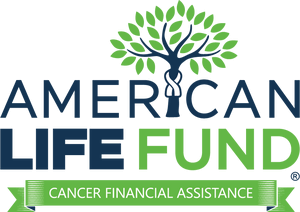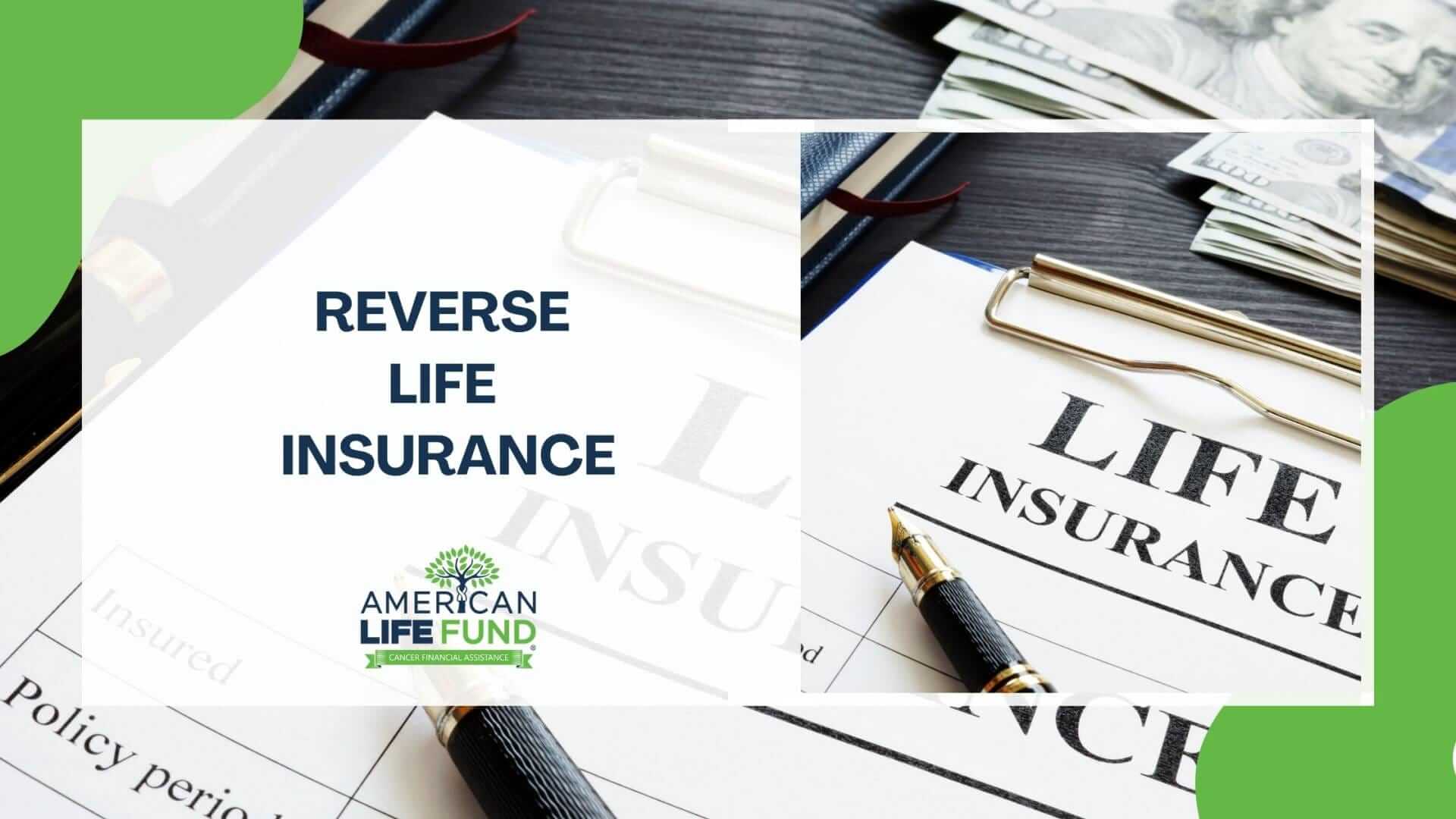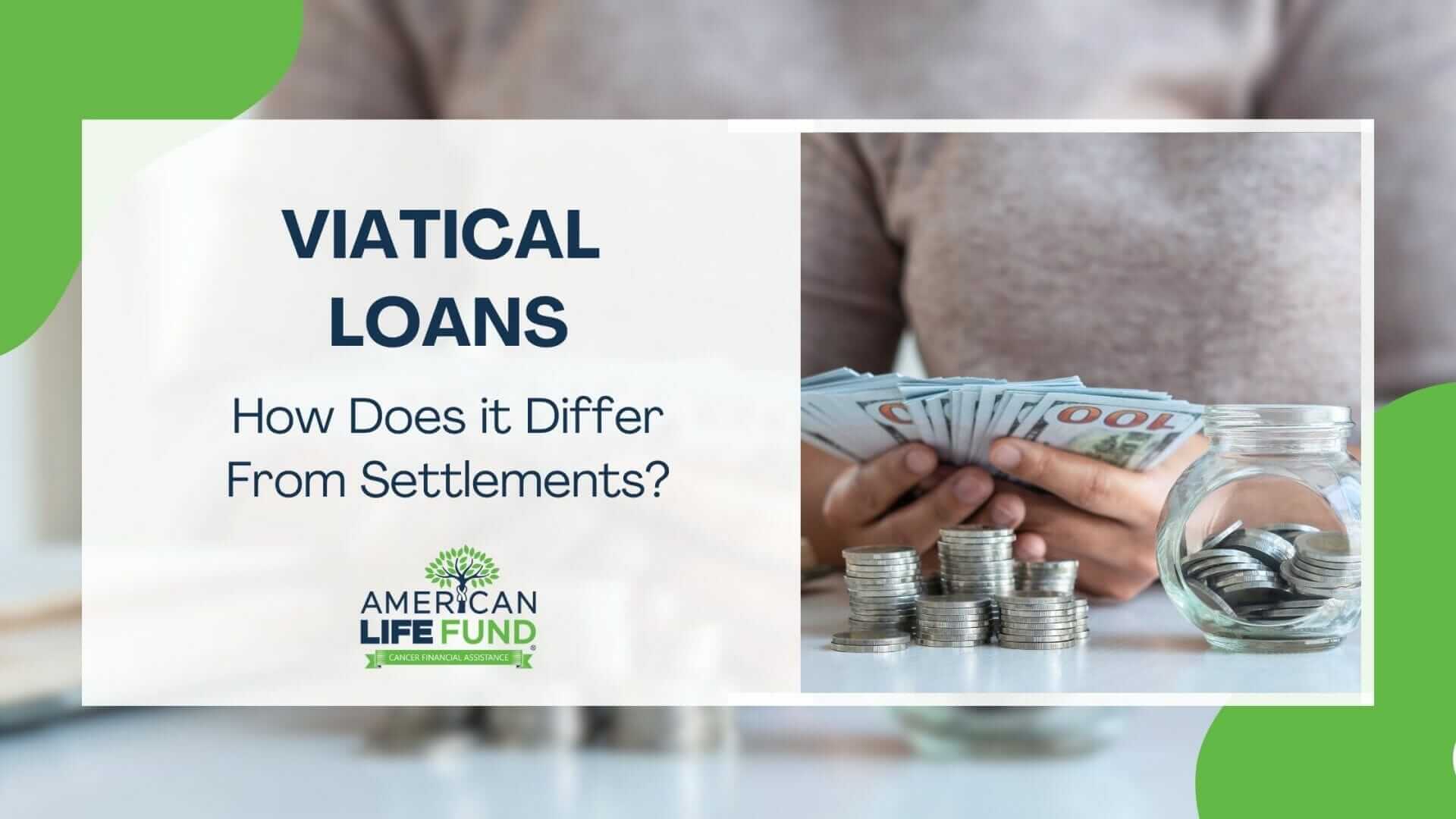Reverse life insurance is a helpful financial tool that provides peace of mind for you and your family. By paying premiums, you can receive a lump sum payment after a set period, which can be used for retirement, medical bills, or long-term care costs. This policy lasts 10-30 years and ensures that your beneficiaries get financial support for expenses like funeral costs and taxes when you pass away. You can also access the cash value of your policy through options like loans, withdrawals, and policy conversions to meet your financial needs and secure your family’s future.
Key Takeaways
- Reverse life insurance involves paying premiums to receive a lump sum after a set period, typically 10-30 years.
- The payout can supplement retirement income or cover expenses like medical bills and long-term care costs.
- Upon the policyholder’s death, beneficiaries receive funds to manage expenses such as funeral costs and taxes.
- This policy offers financial security and peace of mind for both the insured and their loved ones.
What Is Reverse Life Insurance?
Reverse life insurance is an insurance policy where the insured pays premiums to the insurer to receive a lump sum payment at the end of a certain period. It can supplement retirement income or cover other medical bills or long-term care costs. This policy typically lasts between 10-30 years.
Benefits of Reverse Life Insurance
Reverse life insurance is a policy that can provide financial peace of mind to individuals and their families. This policy pays out a lump sum to the insured person when they die. These funds can cover funeral expenses, medical bills, taxes, or any other debts that may remain unpaid at the time of their passing.
It can also provide a source of income for family members who suddenly find themselves with fewer resources due to the death of an income earner. Though there are costs associated with this type of insurance policy, it can offer invaluable security and peace of mind to those who qualify for coverage.
Differences Between Reverse Life Insurance and Life Settlements
Reverse life insurance and life settlements are two distinct types of financial products. However, they both involve the sale of a life insurance policy.
Life settlements are typically used by policy owners who want to cash out their policy early. In contrast, reverse life insurance is intended to provide financial peace of mind and security to elderly individuals. Whereas life settlements require the policy owner to be roughly 70-90 years old, reverse life insurance policies can be taken out by individuals as young as 18.
Additionally, when someone takes out a reverse life insurance policy, the money paid out upon their death goes directly to their beneficiaries; in contrast, with a life settlement, the proceeds may go directly to the insurer or other third parties.
Which Insurance Policies Qualify For Reverse Life Insurance?
Reverse life insurance policies are typically available for those with permanent, level-term, or universal life policies. These policies have a set maturity date and a fixed amount paid out upon death. However, not all life insurance policies will qualify for reverse life insurance. If the policy already has a current surrender value or cash value, it may not be eligible to be converted into a reverse life policy. Some insurers also require that the insured person is at least 18 years old and has no major health conditions to qualify. Ultimately, the requirements can vary from insurer to insurer, and it is important to understand the details when considering this type of policy.

Which Reverse Life Insurance Option Should You Choose?
Need help deciding which reverse insurance strategy you should choose to access the cash from your life insurance? Here’s an overview of seven possible options and when each might be best for specific scenarios. This review can help you discover the perfect one for your specific needs.
Loan against your cash value
Taking out a cash-value loan is one way to access some of the accumulated equity in your permanent life insurance. Even better, these loans are usually accompanied by competitive interest rates and may not need to be repaid if you pass away. In this case, any outstanding amount, along with any accrued interests, will be taken from the proceeds of the death benefit.
Withdrawal of your accumulated cash value
If your policy permits and you can keep up with premium payments, a cash withdrawal from your life insurance could be the right route. Remember that your beneficiaries will receive diminished benefits upon death compared to if no withdrawals were taken. How much money is available largely depends on how much value has been aggregated over time through premiums. Those who’ve saved more by paying extra will naturally have more money than those who’ve paid just the minimum required. In cases where this isn’t enough to meet needs, other alternatives should be considered.
Conversion of your policy to a long-term care account
An alternative method for utilizing life insurance is to sell it in a life settlement and then deposit the proceeds into an account that will be used exclusively for long-term care expenses. This process is known as a Medicaid Life Settlement, which can be done without affecting your eligibility if you live in certain states. However, if such settlements are not permitted where you reside, surrendering the policy or spending down from the earnings of this sale must typically occur before being eligible for Medicaid assistance.
Life settlement
If you are 75 years or older and your life insurance has a face value of $200,000 or more, you may be eligible for a life settlement. This process can take up to a month to complete. In the end, you will receive a one-time lump sum of cash that can be used towards any goal – from medical treatments to debt repayment and retirement living costs.
Life insurance surrender
A surrender is often the least attractive option because the payout is low. If you’re lucky, you might receive half of what you’d get from selling your policy in a life settlement. The difference in cash proceeds between a surrender and a life settlement is high enough that you might consider what you’d need to do to become eligible for a life settlement. For that reason, you’d only consider surrendering if you don’t qualify for a life settlement.
Viatical settlement
If you have been diagnosed with a terminal or serious illness, consider looking into viatical settlements. At American Life Fund, we help you get the most money from your life insurance policy. Contact us today for your free offer estimate!






